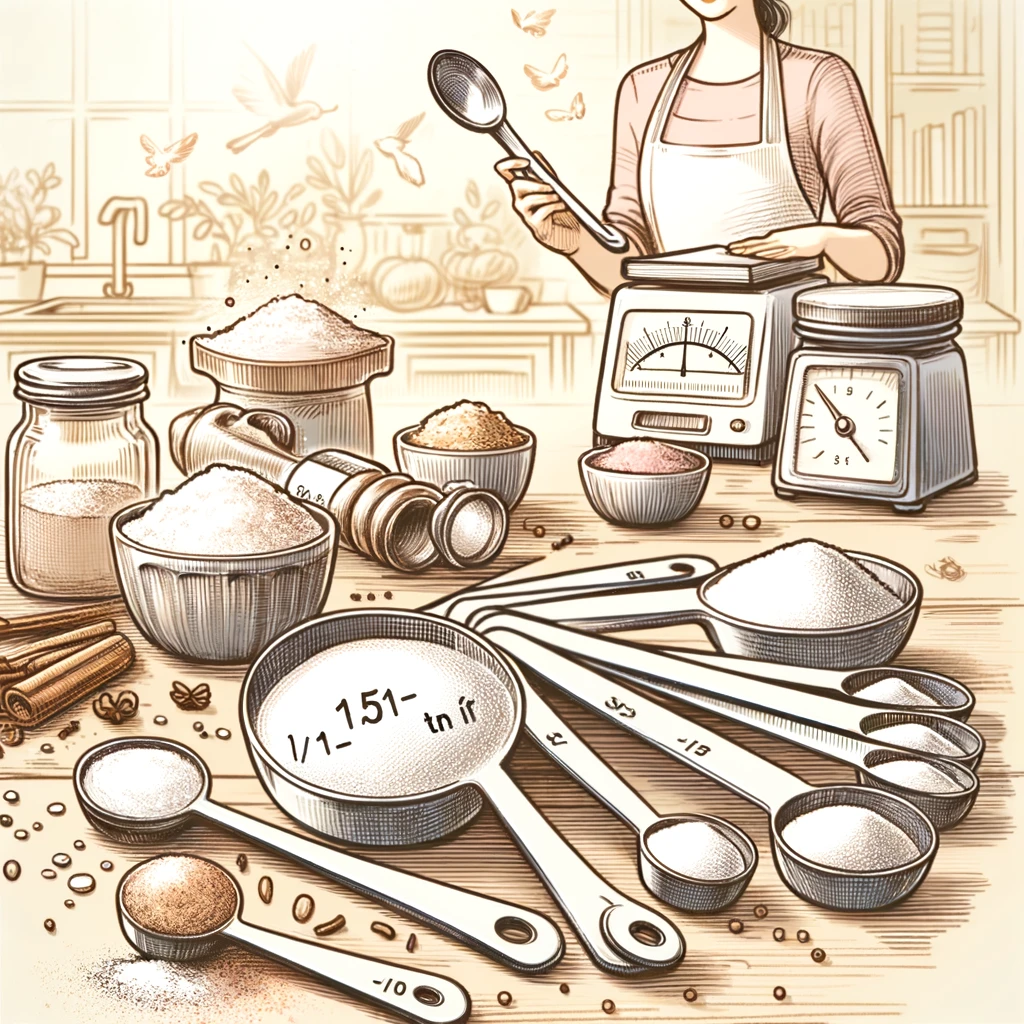The sad truth about society today is that we’re growing. We’re not referring to growing in numbers, but waistlines. We are now a more obese population now compared to our ancestors, despite the medical advances we have that they didn’t. While we do lead a more sedentary lifestyle – we aren’t hunting our food or growing our own – one study found that there may be more to it than justeating more and moving less.
Why Are We Getting Bigger?
The study, conducted by researchers from York University in Toronto, Ontario, found that, “If you are 40 years old now, you’d have to eat even less and exercise more than if you were a 40 year old in 1971, to prevent gaining weight,” [1].
The study, funded by the Canadian Institutes of Health Research, looked at the dietary data of nearly 36,400 American adults collected by the National Health and Nutrition Survey between 1971 and 2008. The available physical activity frequency data, of 14,419 adults in the 1988 to 2006 period was also used.
The researchers compared 3 crucial factors and found that, even when all three were identical, a person in 2006 would still have a body mass index that was approximately 10 percent higher than that of a person eight years prior. This means that a person eating the same amount of macronutrients, like fat and protein, eating the same amount of calories and exercising the same amount as a person did in 1988 (of the same age), would still be heavier today [2].
More Than Just Calories In Vs. Calories Out
The lead author of the study, Professor Jennifer Kuk states, “[Our study] indicates there may be other specific changes contributing to the rise in obesity beyond just diet and exercise.”
“This is because weight management is actually much more complex than just ‘energy in’ versus ‘energy out’. That’s similar to saying your investment account balance is simply your deposits subtracting your withdrawals and not accounting for all the other things that affect your balance like stock market fluctuations, bank fees or currency exchange rates.” [1]
So it turns out that weight loss is not just calories in versus calories out. But what are the other factors that our ancestors didn’t have to deal with, but we do?
Factors Affecting Our Weight Gain
STRESS
More and more Americans are saying that they deal with stress on a daily basis. Whether it’s at home or at work, stress is a common factor for weight gain. While at first, stress may make you lose your appetite, long-term chronic stress may boost your hunger [3].
This is due to our bodies fight-or-flight response. Once our bodies reach a certain stress level, they trigger a response that causes us to overeat. For example, one of the roles of the stress hormone cortisol is to increase the supply of glucose in the bloodstream so that it can be used a source of energy. For our ancestors, this supply of glucose was useful to flee from a threat such as a sabre-tooth tiger. However in this day and age, we do not actively use that energy and this causes blood sugar fluctuations and fat storage [3].
ENVIRONMENTAL FACTORS
Our environments are quite different from those of our ancestors. For example, most homes are filled with products that can affect our bodies functions. Some of the common ingredients are BPA, PCBs, phthalates, triclosan, agricultural pesticides, and fire retardants. These ingredients are structurally similar to the hormone estrogen, which can cause weight gain [2].
FOOD QUALITY
The quality of our food has also changed compared to that of our ancestors. Now, many of our foods are processed and filled with additives and preservatives that weren’t around 50 years ago. Not to mention the fact that foods are being grown in soil that is not nearly as nutrient dense as it once was. GMO crops and pesticide spraying are other factors that affect the difference in weight gain we are experiencing now.
For example, a fungicide commonly used on many food crops, especially leafy greens called triflumizole has been linked to obesity. When pregnant mice ingested tiny doses of triflumizole, they gave birth to babies that were more prone to obesity [5].
PRESCRIPTION DRUGS
We are also taking many more drugs than our ancestors were, “additional novel factors that may be contributing to the obesity epidemic include increases in pharmaceutical prescriptions associated with weight gain, higher maternal age, reduction in variability of ambient temperature, decreased prevalence of smoking, inadequate amount of sleep and low calcium.” [4]
Prescription drugs come with a slew of side effects so it’s no wonder that weight gain is connected to their use and overuse. For example, experts report that up to 25 percent of people who take antidepressants can expect to put on an extra 10 pounds or more [2].
GUT MICROBIOME
Our gut flora help to neutralise some of the toxic by-products of digestion and discourage ‘bad’ bacteria and yeasts from growing. It also helps to stimulate the digestive process and aid the absorption of nutrients [6].
Unfortunately, the standard North American diet is low in foods that promote good gut health such as prebiotics and probiotics, and high in ‘dead’ foods such as junk and processed foods. What’s more, conventional, factory-farmed meat is also high in antibiotics which can kill the good bacteria in our gut, causing an imbalance and leaving us susceptible to the bad bacteria that causes weight gain [4].
What Can We Do?
While we can’t go back in time, there are a few steps we can take to help fight unhealthy weight gain:
Eat real food and check the labels of packaged foods, avoiding any containing artificial sweeteners, additives, and preservatives
Eat organic foods as much as possible to minimize exposure to pesticides, fungicides, and genetically modified foods
Swap conventional personal care and household products for natural alternatives
Learn how to properly manage stress and get a good night’s sleep to prevent blood sugar fluctuations and weight gain
Take prescriptions only when absolutely necessary and avoid overusing antibiotics
Make sure to include gut-friendly foods in your diet such as prebiotics e.g. garlic, leeks, onions, asparagus, and probiotics e.g. organic yogurt, sauerkraut, kimchi, tempeh, miso.
Originally From: http://theheartysoul.com/weight-gain-ancestors/






